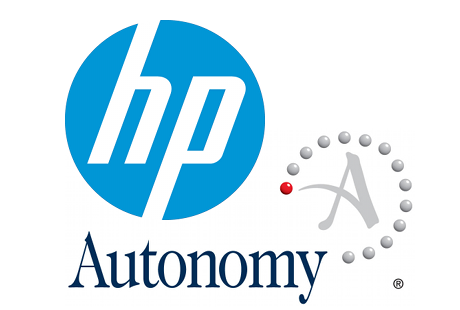More than three months after revealing that Autonomy founder Mike Lynch would be leaving the company, Hewlett-Packard has revealed the new boss of the information management vendor it acquired last year.
British-born Robert Youngjohns, who is currently the head of sales and marketing at Microsoft’s North American division, will take the helm at Autonomy next week.
Youngjohns joined the technology sector after graduating from Oxford and working at GCHQ. He was first hired by IBM, and worked for Sun Microsystems and Callidus before joining Microsoft in 2007.
Lynch left Autonomy after a "very disappointing" financial quarter for the company earlier this year. At the time, HP CEO Meg Whitman said: "We need to put in some sales [operations] processes, we need to put in better interface into HP in terms of how Autonomy interfaces with our services business as well as our servers, storage and networking business, and we need a new organisational structure to support a $1 billion-plus company."
In a report on the HP-Autonomy acquisition after one year, 451 Group analyst Alan Pelz-Sharpe said HP should concentrate on three objectives to turn Autonomy around: Rationalise the product portfolio; invest in sales, services and customer support; and ‘management changes’.
Pelz-Sharpe wrote that one of HP’s main challenges is to impose it’s culture on the acquired company. "It’s an unfortunate reality that the culture at Autonomy prior to the acquisition was anything but friendly. By all accounts, the company had one of the most aggressive working environments in the IT industry. The imperative was to sell, sell, sell."
HP recently revised figures relating to its restructuring program, announcing in the 10-Q quarterly filing with the U.S. Securitys and Exchange Commission (SEC) that it would be eliminating 29,000 positions over the next two years, up from its previous estimation of 27,000.
"HP estimates that it will eliminate approximately 29,000 positions in connection with the 2012 Plan through fiscal year 2014, with a portion of those employees exiting the company as part of a voluntary enhanced early retirement ("EER") program for U.S. employees," it said in the filing.










